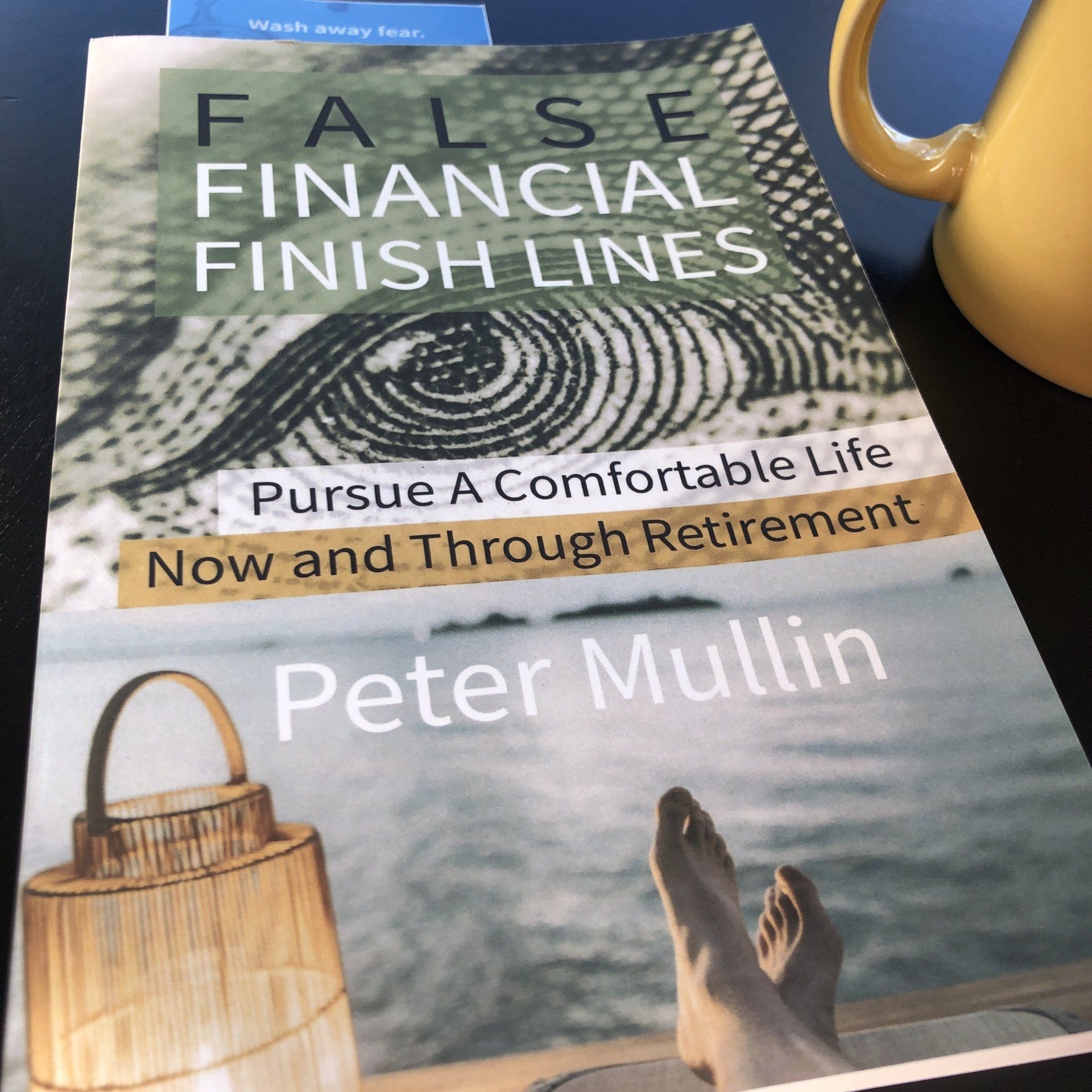
Check the background of this investment professional on FINRA's BrokerCheck.
Slide title
PETER MULLIN's book is published on Amazon
Button
Fiduciary
We serve as a fiduciary to advisory and planning clients. Our clients must come first.

Slide title
ST CLOUD MN | MAPLE GROVE | VIRTUAL access to my office
ButtonSlide title
15
Peter Mullin is licensed in 15 states as of 05/01/2024
Button
Slide title
Graduate of Saint John's University | 2008
#GoJohnnies
Button
Slide title
PETER MULLIN is an EAGLE SCOUT
Button-

Slide title
2020, 2021, 2022, 2023 and 2024 "One of LPL's Top Financial Advisors" *Click for info
Button

The information in this material is not intended as tax or legal advice. It may not be used for the purpose of avoiding any federal tax penalties. Please consult legal or tax professionals for specific information regarding your individual situation.
Securities and Advisory services offered through LPL Financial, A Registered Investment Advisor, Member FINRA / SIPC .
The LPL Financial registered representative associated with this site may only discuss and/or transact securities business with residents of the following states: AK, AR, AZ, CA, CO, FL, IA, ID, IL, MN, MO, NM, TX, WA, WI





